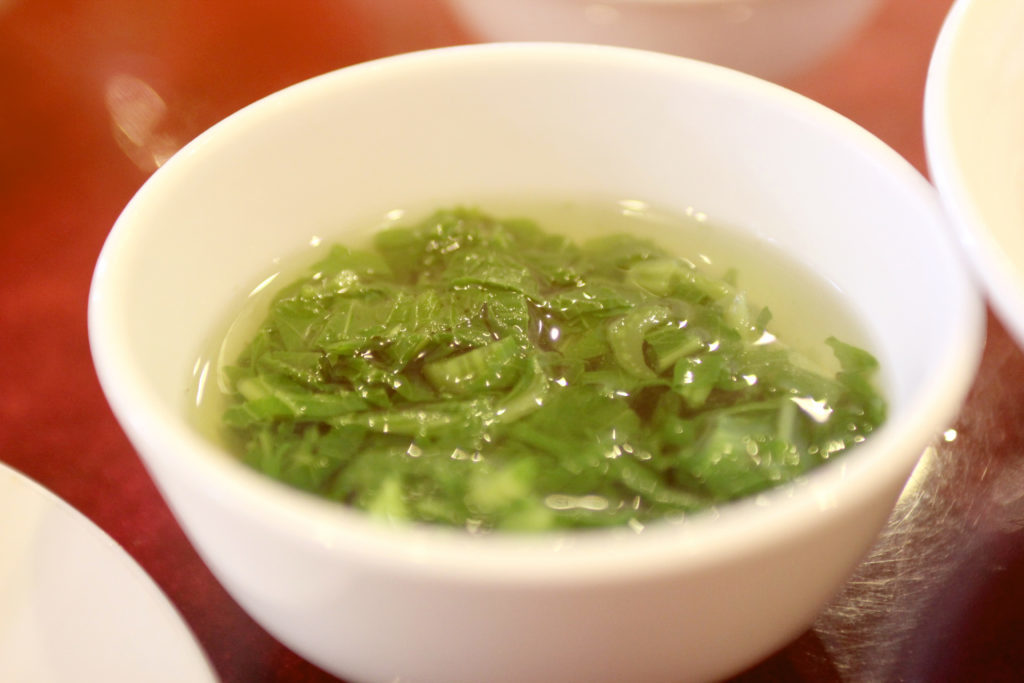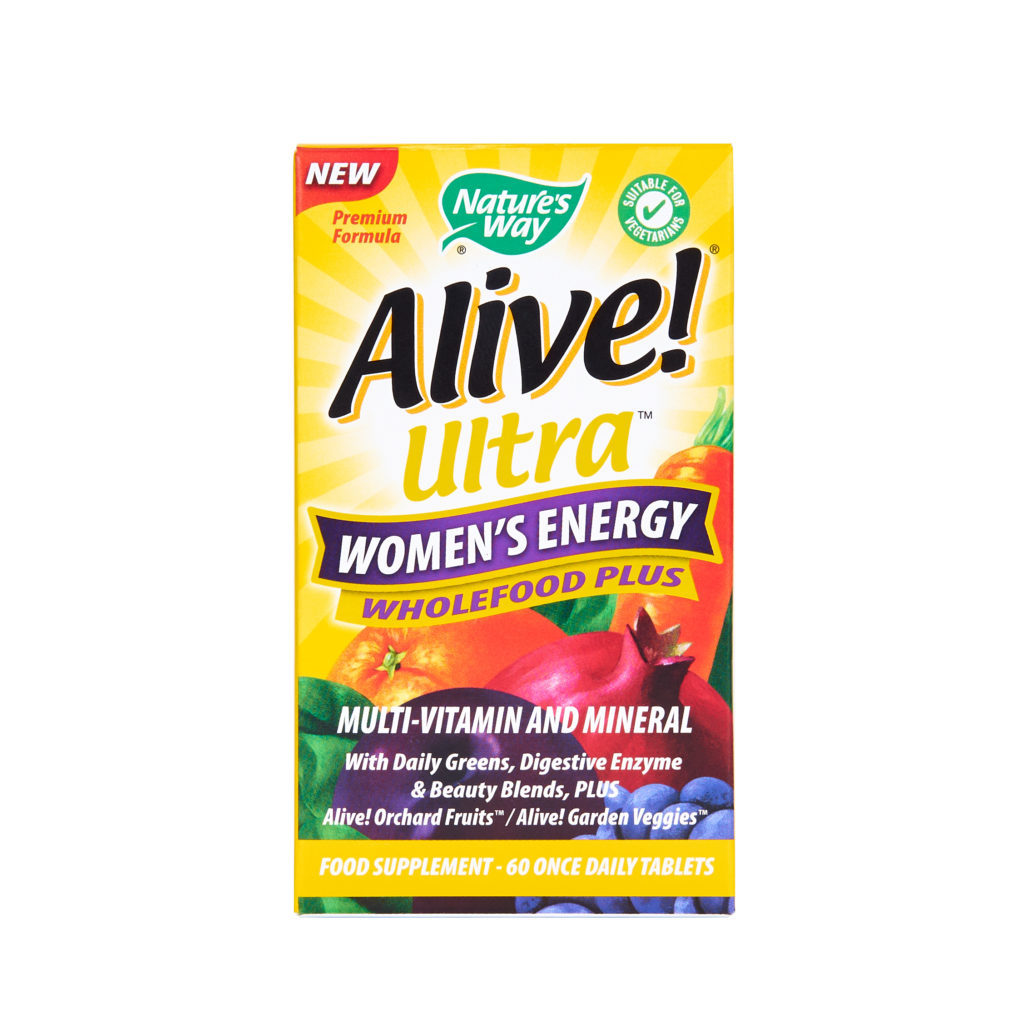Fad Diets? Good Or Bad News?

by Clinical nutritionist Suzie Sawyer for www.natures-way.com
We all know the term “fad diet”. And, if we’re honest, there’s probably very few people who haven’t tried one at some stage in their lives. A fad diet is a slimming plan that promises amazing amounts of weight loss, very quickly, but is not backed-up by any real science or proof of effectiveness. The truth is that some of these diets can actually do more harm than good to our health. Here are my thoughts on what to look out for with some of these fad diets, plus some health and wellbeing tips I swear by when it comes to losing weight.
The Cabbage Soup Diet:
This became very popular about 30 years ago. The diet advocates eating primarily a fat-free cabbage soup together with bananas and skimmed milk. Clearly, weight loss will be achieved because calorie intake is severely restricted, but followers of this fad diet will also experience wind, bloating, bad breath and grouchy moods as well as your body being depleted for vital daily nutrients we all need! This diet will certainly be lacking in the trace mineral iron, and, bearing in mind young girls and women often follow the cabbage soup diet, they are the same age group already deficient. Energy levels will be severely depleted for sure.
The Grapefruit Diet:
As the name suggests, this diet instructs you to focus all your meals around grapefruit or grapefruit juice. It’s actually been around for about 80 years and has had many famous Hollywood followers. The diet shot to fame when it was found that eating grapefruit helped people lose weight. Indeed, grapefruit is high in fibre and may help with blood sugar balance making it easier for people to control hunger pangs. As with all fad diets, there’s never been enough robust research to understand what’s actually going on in the body when grapefruits are eaten. Suffice to say, the calorie-restrictive nature of the diet (people should only eat around 800 calories a day) is certainly going to promote weight loss. However, there will be a real shortage of a number of vitamins and minerals; they’ll certainly be no vitamin D (already very deficient in the UK population), few B vitamins, or minerals magnesium, zinc and iron. All are key to health, but zinc is needed for over 300 enzyme reactions within the body, so health problems may occur from following this diet for too long.
The Baby Food Diet:
Based on eating baby food predominantly with maybe a “proper” meal in the evenings. Sometimes, people eat only baby food for 14 days. Either way, you’re going to be lacking in protein and fibre so you’ll be hungry lots of the time, and because portion sizes are so small you’re physically not going to be able to eat enough nutrients, particularly vitamin C which is needed for the immune system and the B vitamins, essential for energy.
The Blood Type Diet:
Based on the concept that food chemically reacts to blood (correct), but reacts differently with each blood type. Nutrient deficiencies might not be as severe with these eating plans as they do contain more variety. However, there is very little scientific evidence that eating this way contains any benefits. The diets designed for O and AB blood groups are very low fat and carbohydrate, therefore weight loss will be achieved in any case.
The Alkaline Diet:
This diet champions body pH levels being too acidic and the cause for weight gain. It is severely restrictive as a slimming plan because it cuts out proteins, grains, dairy, any processed foods and caffeine (which is not bad thing) and advocates eating large amounts of fruits and vegetables. This diet has some positives but it’s very difficult to maintain and intrinsically is a very low-calorie diet. On a positive note, there is research to suggest that eating more fruits and vegetables can help weight loss, but it’s most effective when balanced with other food groups. This diet is very low in protein, therefore people will be hungry when following it, plus it contains no essential fats, which are needed for the heart, joints, skin and hormones.
The Facts About Fad Diets
Various juice diets, along with many more fad diets, all restrict calories severely over a period of time and although people will experience weight loss, their bodies will be stripped of essential nutrients, vital for fuelling our bodies daily. In fact, for some people, extreme diets will leave their bodies in a very poor health status and in some cases bring on the on-set of disease caused by poor nutrition.
The other major challenge of losing weight at a fast pace (more than around 2 lbs per week) is that it upsets the body’s metabolism. This means that when there is severe calorie restriction the body senses starvation and in order to “protect” itself, stores fat. It also stops burning calories as quickly. Severe calorie restriction will deplete lean muscle mass which also reduces the metabolic rate; it’s a fact that the more muscle the body contains, the more calories are burnt at rest.
Research also confirms that maintaining weight loss is difficult because of a reduced metabolic rate, which continues on after normal eating is resumed. As a general rule, the lower your body weight, the lower the metabolic rate.
So How Do You Lose Weight?
Being a healthy weight is vital for our health and wellbeing and research has shown that those who follow poor dietary habits – ie use diet fads as a quick fix to lose weight fast – are all pre-disposed to health and disease challenges such as type 2 diabetes. Here are a few of my tips that I follow:
1 Remember fads are bad! Losing more than 1-2 lbs a week of FAT is not possible – be realistic about your expectations.
2 Think half and half! Burn around 250 calories a day doing exercise of your choice and reduce food intake by 250 calories daily – you’ve achieved a 500 calorie per day reduction. That’s a pound of fat per week. It’s a fact that 1 lb of fat is equal to approximately 3, 500 calories.
3 When calorie restriction is reduced, so is your nutrient intake. This can adversely affect energy levels and the immune system. Take Alive! Multivitamins and Minerals to keep overall health as well as weight in good shape. Containing a unique blend of 26 fruit and vegetables plus all the vital vitamins and minerals needed to keep our bodies fuelled daily, the Alive! range of vitamins is available in a variety of nutrient formats including tablets or Soft Jells, tailored for different life stage needs including Alive! Women’s Energy Soft Jell Multivitamins and minerals; Alive! Women’s Energy Multivitamin and minerals (once daily tablet); NEW Alive! Ultra Women’s Energy Wholefood Plus; Alive! Women’s 50+ Multivitamins and minerals (once daily tablet); Alive! Ultra Men’s Energy Wholefood Plus etc.
4 Stick to three meals per day! Constant grazing, even though you may be not eating a huge number of total calories daily, will upset insulin response; the body will store more fat.
5 Never give up! The health benefits, energy levels and self-esteem improvements that are gained from maintaining a healthy weight are well worth the patience of losing weight gradually, which is also sustainable.
NEW ALIVE! Ultra Women’s Energy Wholefood Plus
26 vitamins and minerals with adjusted levels to meet the needs of women
A unique dried blend of 26 whole fruits and vegetables
Daily greens blend of 13 botanicals including Spirulina and Kelp
A Digestive Enzyme Blend including Bromelain to help ease protein digestion
A Cranberry concentrated extract for urinary tract health
Additional Beauty Blend including Grapeseed extract plus Flax Lignan and Citrus Bioflavonoids
Available in Holland & Barrett and all good pharmacy and health food stores or visit www.natures-way.com. £24.99 for 60 one-a-day tablets.
Suitable for vegetarians and is free from gluten, soya, dairy, yeast, artificial flavours, colours and preservatives.








